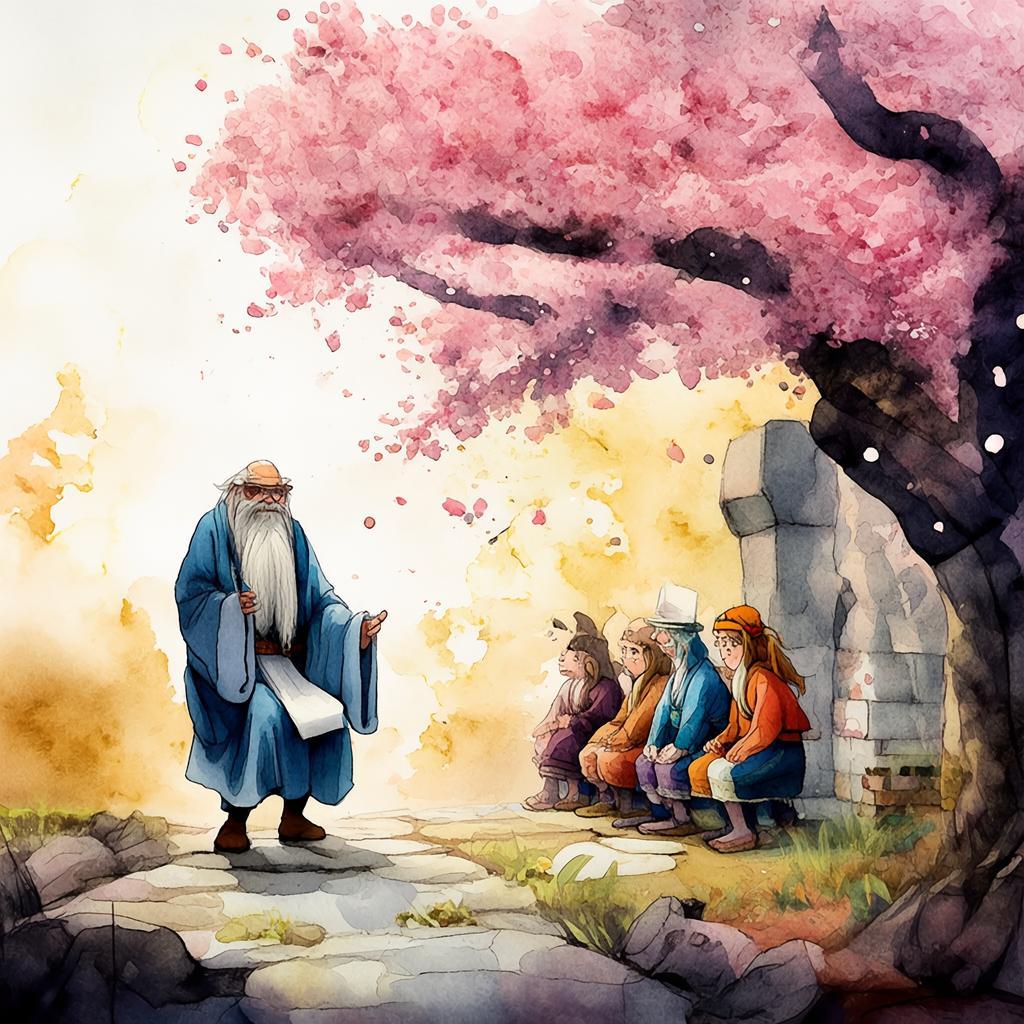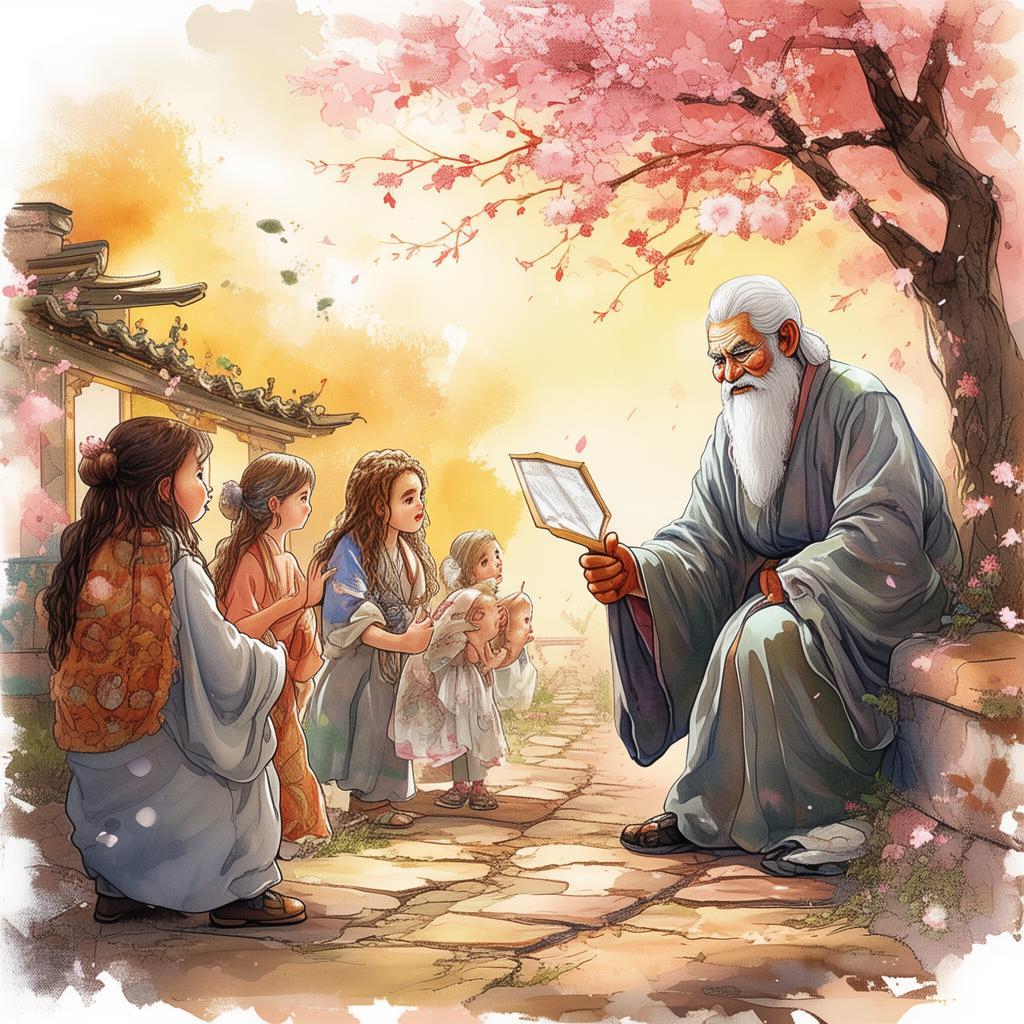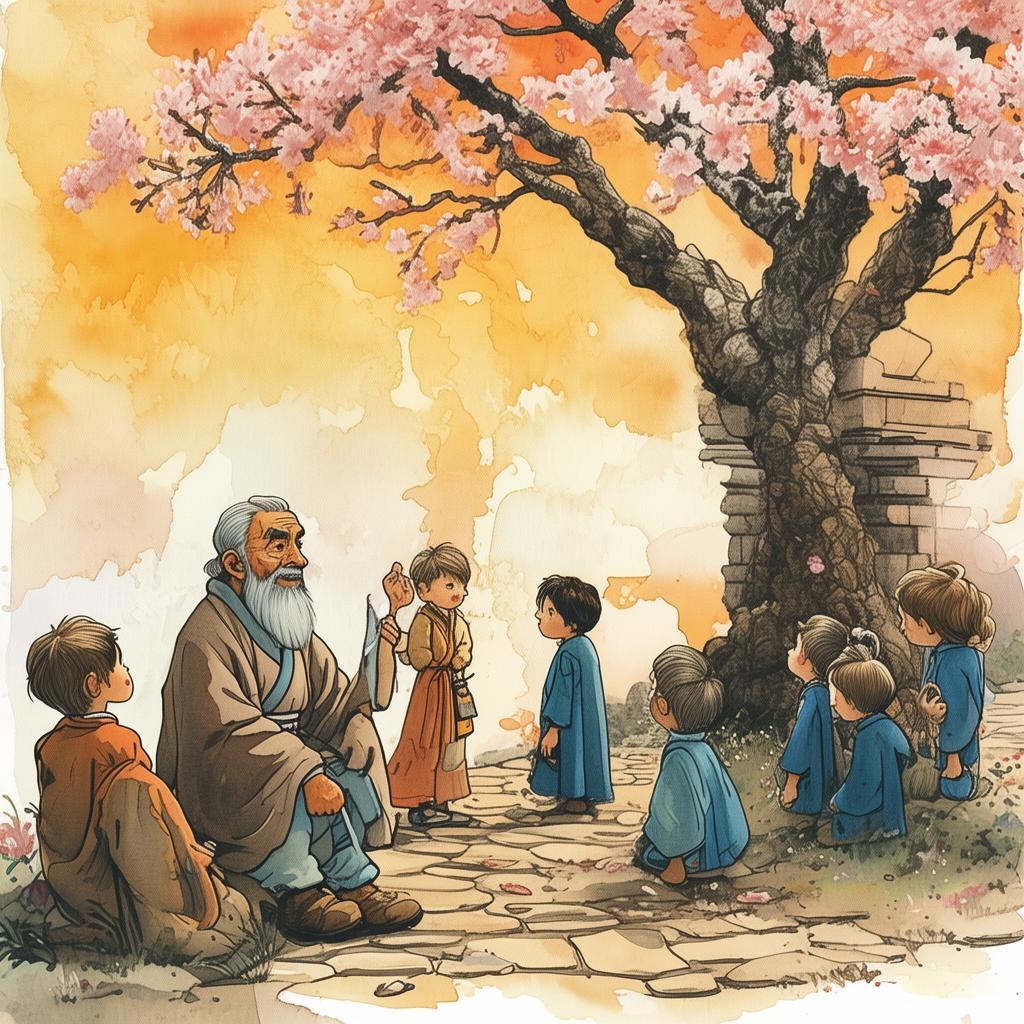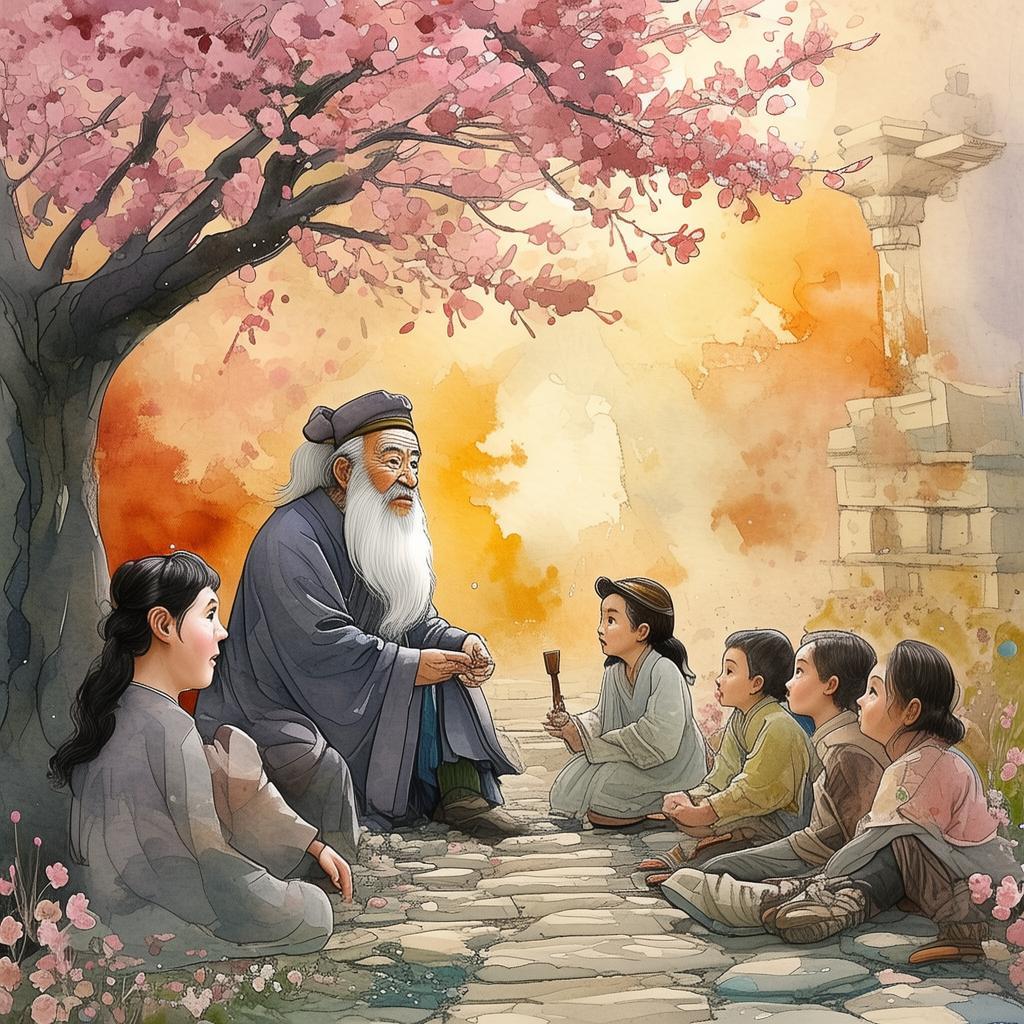Shang Yang's Masterstroke: The Art of the Empty Fort
In the heart of ancient China, amidst the turmoil of the Warring States period, there was a strategist whose genius was as sharp as his sword. His name was Shang Yang, and his legacy was one of enduring wisdom and strategic brilliance. One of the most celebrated anecdotes from his storied career was the tale of the Empty Fort Strategy.
The kingdom of Qin, under the rule of King Zheng, was embroiled in a bitter conflict with its neighboring state of Zhao. The borderlands were a constant battleground, and the people of Qin were weary of the endless cycles of war. King Zheng sought a way to break the stalemate and secure his kingdom's future.

Shang Yang, the king's trusted advisor, proposed a daring plan that would shake the very foundations of warfare. He would employ the Empty Fort Strategy, a psychological maneuver designed to demoralize the enemy and force them to retreat. The plan was simple yet brilliant: he would order the abandonment of one of Qin's forts, leaving it completely defenseless.
Word of the abandoned fort reached the ears of the Zhao army, who, emboldened by their recent victories, decided to take advantage of the perceived weakness. They amassed a large force and marched towards the fort, expecting a simple conquest. However, upon their arrival, they found the fort to be empty, as if it had been abandoned in a hurry.
The Zhao commander, a man known for his boldness and cunning, was puzzled. He questioned his men, searching for any sign of a trap. But there was none. The fort was indeed empty, and it seemed as if the Qin army had vanished without a trace. Confusion turned to fear, and fear to hesitation.
Shang Yang, observing from a distance, saw the perfect opportunity. He ordered his men to set up decoys, false movements, and feigned retreats, all designed to further confuse the Zhao army. The Zhao commander, now convinced that the fort was a trap, ordered a retreat. The soldiers, relieved to be leaving a place that seemed cursed, followed their leader's command.
As the Zhao army left the fort, Shang Yang's men emerged from their hiding places. They had been watching the entire time, ready to pounce. But they did not. Instead, they returned to the fort, which was now once again abandoned. The Zhao army, believing they had narrowly avoided a disaster, returned to their camp, their morale shattered.
King Zheng, upon hearing the news, was overjoyed. The Empty Fort Strategy had not only saved the fort but had also significantly weakened the Zhao army's resolve. The psychological impact was profound, and the people of Qin were inspired by the strategic brilliance of their ruler and his advisor.
The Empty Fort Strategy became a legendary tale, a testament to the power of psychological warfare and the strategic foresight of Shang Yang. It was a lesson that would resonate through the ages, reminding future generations of the importance of understanding the enemy's mind as well as their forces.
In the years that followed, the kingdom of Qin grew stronger, and the Empty Fort Strategy became a cornerstone of their military doctrine. It was a strategy that not only won battles but also won the hearts and minds of the people, ensuring that the legacy of Shang Yang would endure for centuries to come.
The story of Shang Yang's Empty Fort Strategy is a classic example of how a combination of bravery, intelligence, and understanding of human nature can turn the tide of war. It is a story that continues to inspire strategists and military leaders to this day, proving that the greatest weapon is often not the sword, but the mind.
✨ Original Statement ✨
All articles published on this website (including but not limited to text, images, videos, and other content) are original or authorized for reposting and are protected by relevant laws. Without the explicit written permission of this website, no individual or organization may copy, modify, repost, or use the content for commercial purposes.
If you need to quote or cooperate, please contact this site for authorization. We reserve the right to pursue legal responsibility for any unauthorized use.
Hereby declared.









